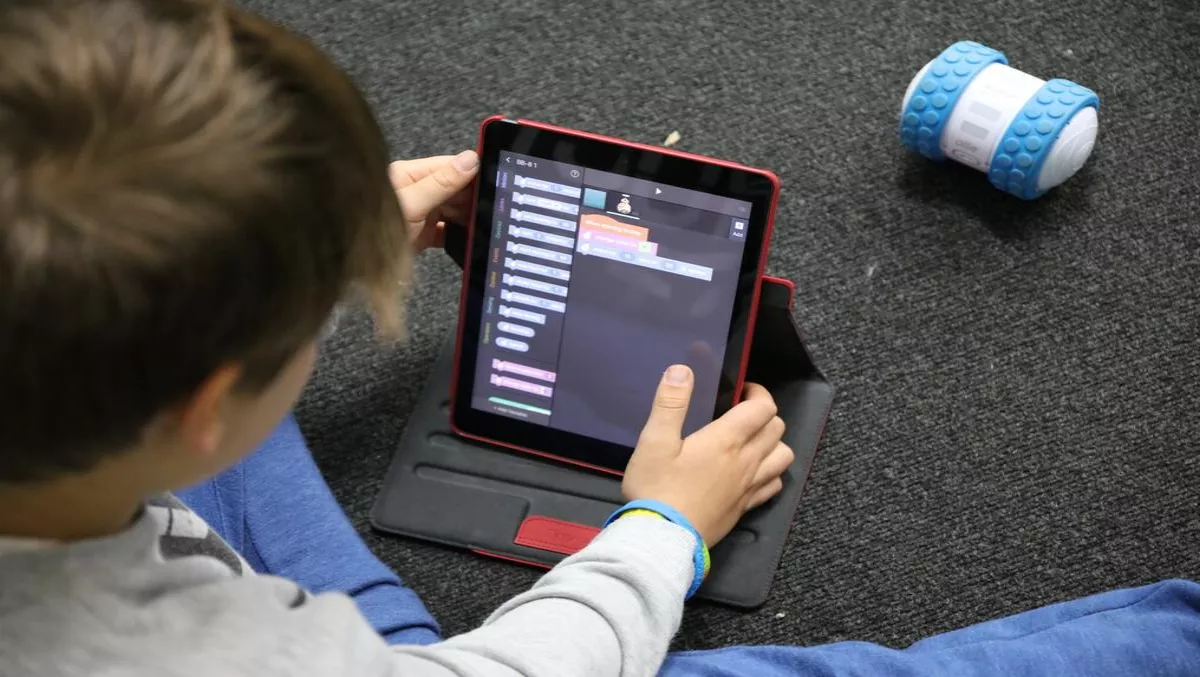
Roboshops: Unlocking curious minds in NZ
Two academics from the University of Waikato are making the most of news that the government is adding digital technologies to the New Zealand school curriculum.
Thanks to MBIE funding, associate professor Garry Falloon and computer scientist Nilesh Kanji have been awarded $30,000 as part of the organisations 'Unlocking Curious Minds' campaign.
Falloon and Kanji will be using the money from MBIE to run 'Roboshops' in schools around the country. The academics will be teaching children between 7-12 years the basics of coding and how to apply that control to robots – spheros, droids and ollies.
There are eight schools involved in the programme that will comprise of five two-hour workshops. Falloon says keeping sessions in-house is the best way to get good results.
"With all the regulations required to take children off-site, it seemed a better idea to go to the schools during school-hours," says Falloon.
"The workshops build on each other and just watching the children learn is amazing. Some of these children don't have ready access to computers or tablets at home, but the speed with which they pick up concepts and string them together is impressive," he adds.
Kanji says that in the first session the students scarcely touch their iPads, but instead, use paper-based coding games to learn basic computer concepts.
"Then on iPads we cover logical thinking by using coding-based games such as Cargo-Bot and Lightbot, where the students guide a droid to solve puzzles," says Kanji.
"Then they work with Pyonkee, which is an iPad version of Scratch, which allows them to visually code and change the values of things, just by using the drag and drop function. Then we build on that, using an app called Tickle to develop procedures that will make the actual robots move around.
The university staff also say that it's imperative the teachers are present in the Roboshops.
"It's important the teachers are included because we need to develop capability within the schools to enhance sustainability," says Falloon.
"Ultimately, we aren't able to run this programme indefinitely. We need to grow interest and ability in the teachers, as well as the children and their parents."

